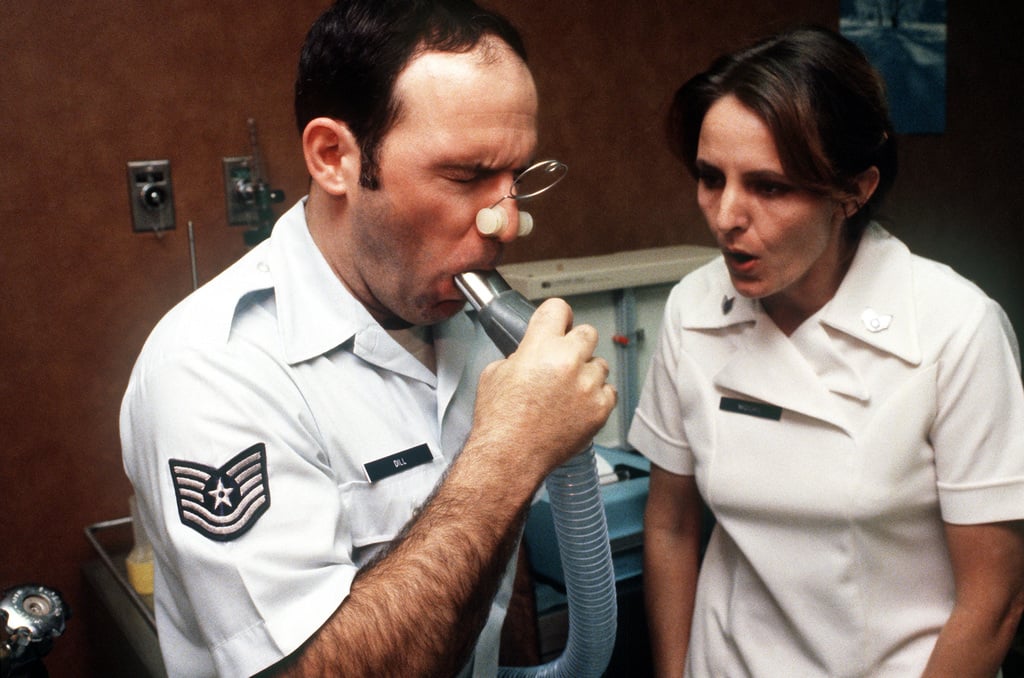Immunologists are medical specialists who focus on the body’s immune system. They are trained to identify and manage conditions that affect this network, including allergies. When you experience symptoms that suggest an allergic reaction, an immunologist uses a systematic approach to determine the cause. Here are some ways immunologists diagnose allergies:
Skin Tests
Skin tests are a common and effective method used to identify potential allergens. These tests are minimally invasive, quick, and provide insights into how your immune system reacts to specific substances. By introducing small amounts of suspected allergens to your skin, immunologists can observe and measure reactions that occur, helping pinpoint the triggers of your allergies. Some skin tests include:
- Skin Prick Test: A drop of liquid allergen is placed on the skin, usually the forearm or back. The skin is pricked to allow the allergen to enter just below the surface. If you are allergic, a red bump will appear, and its size helps determine the level of sensitivity.
- Intradermal Test: A small amount of allergen is injected directly into the skin. This test is typically used if skin prick test results are inconclusive, as it’s more sensitive.
- Patch Test: Allergens are placed on patches applied to the skin, often on the back. Patches remain in place for 48 hours and help reveal delayed allergic reactions, such as contact dermatitis.
Blood Tests
Blood tests offer a way to diagnose allergies for individuals who cannot undergo skin testing due to a skin condition or because they are taking certain medications. This diagnostic method involves drawing a blood sample, which is then sent to a laboratory for analysis. The lab looks for the presence of specific antibodies called Immunoglobulin E (IgE) in your blood.
Your immune system produces these IgE antibodies in response to allergens. The test measures the amount of IgE that is specific to certain substances, like pollen, pet dander, or various foods. Elevated levels of IgE antibodies suggest an allergy may be present. Your immunologist will interpret the results in the context of your medical history and reported symptoms.
Oral Food Tests
When skin and blood test results are not definitive for a food allergy, an immunologist might recommend an oral food test, sometimes called a food challenge. This test is performed under strict medical supervision because it has the potential to cause a severe allergic reaction. During the procedure, you are given small, gradually increasing amounts of the suspected food allergen to eat. You are closely monitored throughout the test for signs of an allergic reaction. The immunologist and medical staff are prepared to manage any reaction that occurs. A food challenge is a highly accurate way to determine if a food allergy exists and to find out how much of the food may trigger a reaction.
Work With Immunologists
Understanding the cause of your allergy symptoms is the first step toward managing them effectively. Immunologists use a combination of your health history, a physical exam, and specific tests like skin, blood, or oral challenges to make a precise diagnosis. This detailed process allows for a personalized approach to your care. If you are experiencing allergy symptoms, schedule a consultation with an immunologist today.
